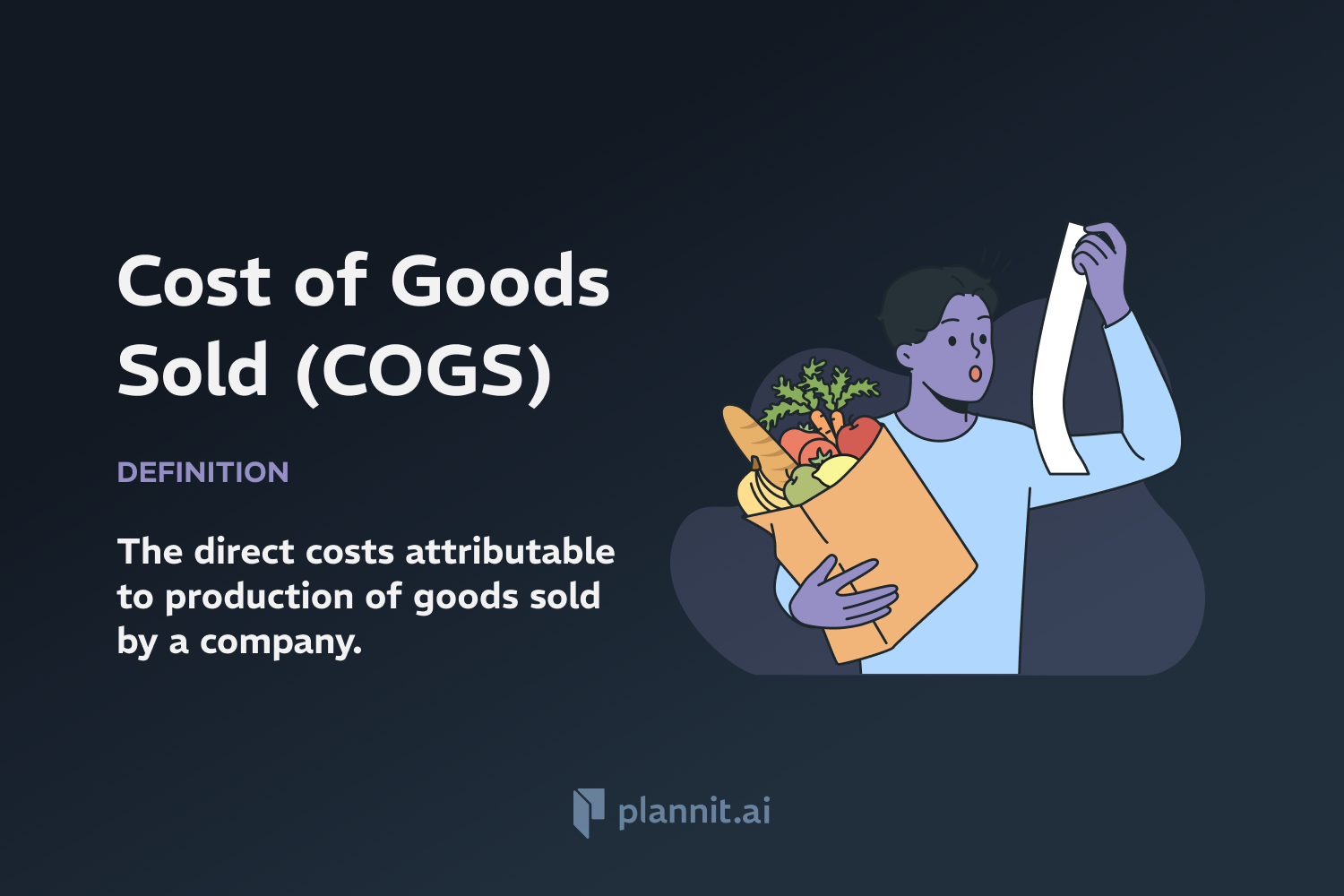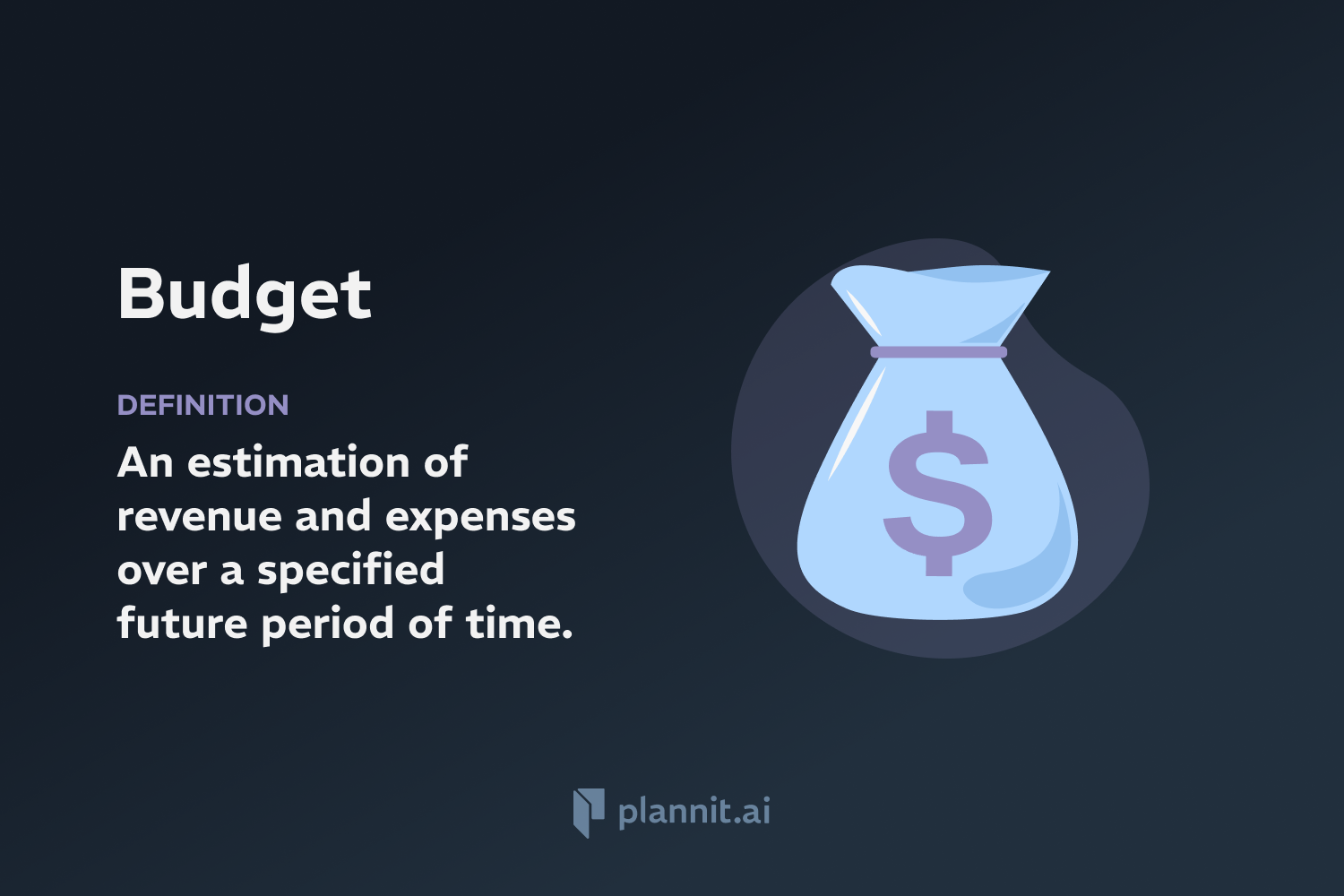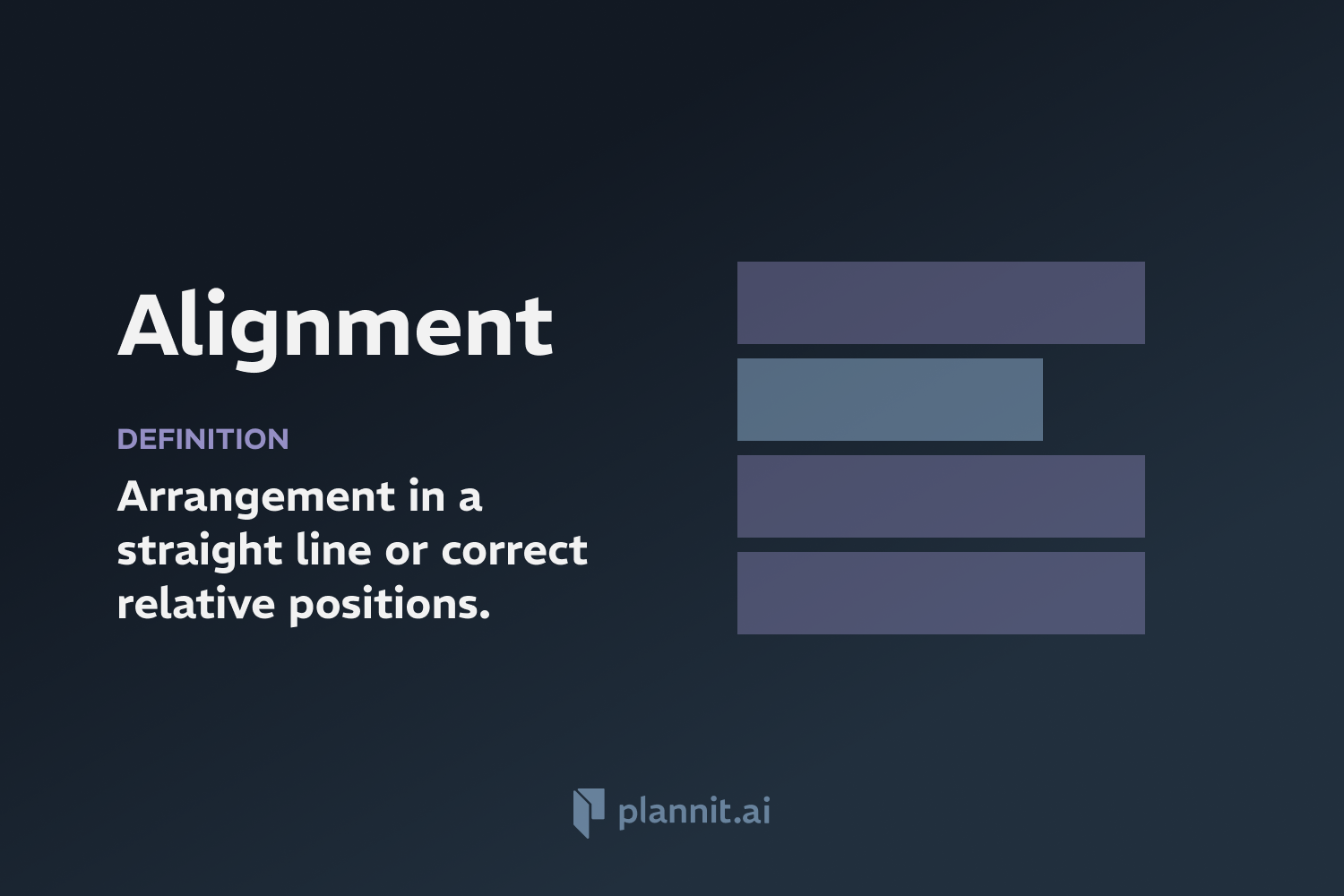Need Help With Your Business Plan?
Answer tailored questions and get a detailed business plan in minutes.
Cost of Goods Sold (COGS): Definition & In-Depth Explanation

Cost of Goods Sold (COGS) is a financial metric that represents the direct costs attributable to the production of the goods sold by a company. This figure includes the cost of the materials and labor directly used in creating the product, but it excludes indirect expenses such as sales and marketing costs. COGS is an important component in the income statement and is crucial for understanding the profitability of a company, especially for those in manufacturing, retail, or industries where products are sold.
Purpose:
The purpose of calculating COGS is to determine the direct costs involved in producing the goods that a company sells during a specific period. This helps in assessing the gross profit of a company, which is calculated by subtracting COGS from total revenue. Understanding COGS helps businesses price their products, manage their inventories efficiently, and make strategic financial decisions to enhance profitability.
Example:
If a company manufactures furniture, the COGS would include the cost of wood, hardware, and labor employed directly in building the furniture. For instance, if the company sells a table for $300 and the materials and direct labor costs to build that table amount to $150, then the COGS for that table is $150.
Related Terms:
Inventory: Materials and products that are held by a company and intended for sale or production.
Gross Profit: The profit a company makes after deducting the costs associated with making and selling its products, or the costs associated with providing its services.
Operating Expenses (OPEX): Ongoing costs for running a product, business, or system that are not included in COGS.
Revenue: The total amount of income generated by the sale of goods or services related to the company's primary operations.
FAQs:
How is COGS calculated?
COGS is calculated by adding the cost of inventory at the beginning of the period to the purchases made during the period, then subtracting the cost of inventory at the end of the period.
Why is it important to accurately calculate COGS?
Accurate calculation of COGS is essential for assessing a business’s profitability, setting prices, and filing accurate tax returns, which can impact cash flow and financial planning.
Can COGS fluctuate?
Yes, COGS can fluctuate based on changes in raw material costs, labor costs, and manufacturing efficiency, as well as variations in inventory levels.
What impact does COGS have on tax?
COGS directly reduces the taxable income of a business. A higher COGS will typically result in lower net income and consequently lower income tax liability.
Does COGS apply to service-based businesses?
Generally, COGS applies to businesses that sell goods. Service-based businesses do not usually have COGS because they do not sell physical products. Instead, they might have 'Cost of Services' which covers labor and other direct costs related to the provision of services.
Get funding with a business plan that will impress investors.
Starting a New Business?



